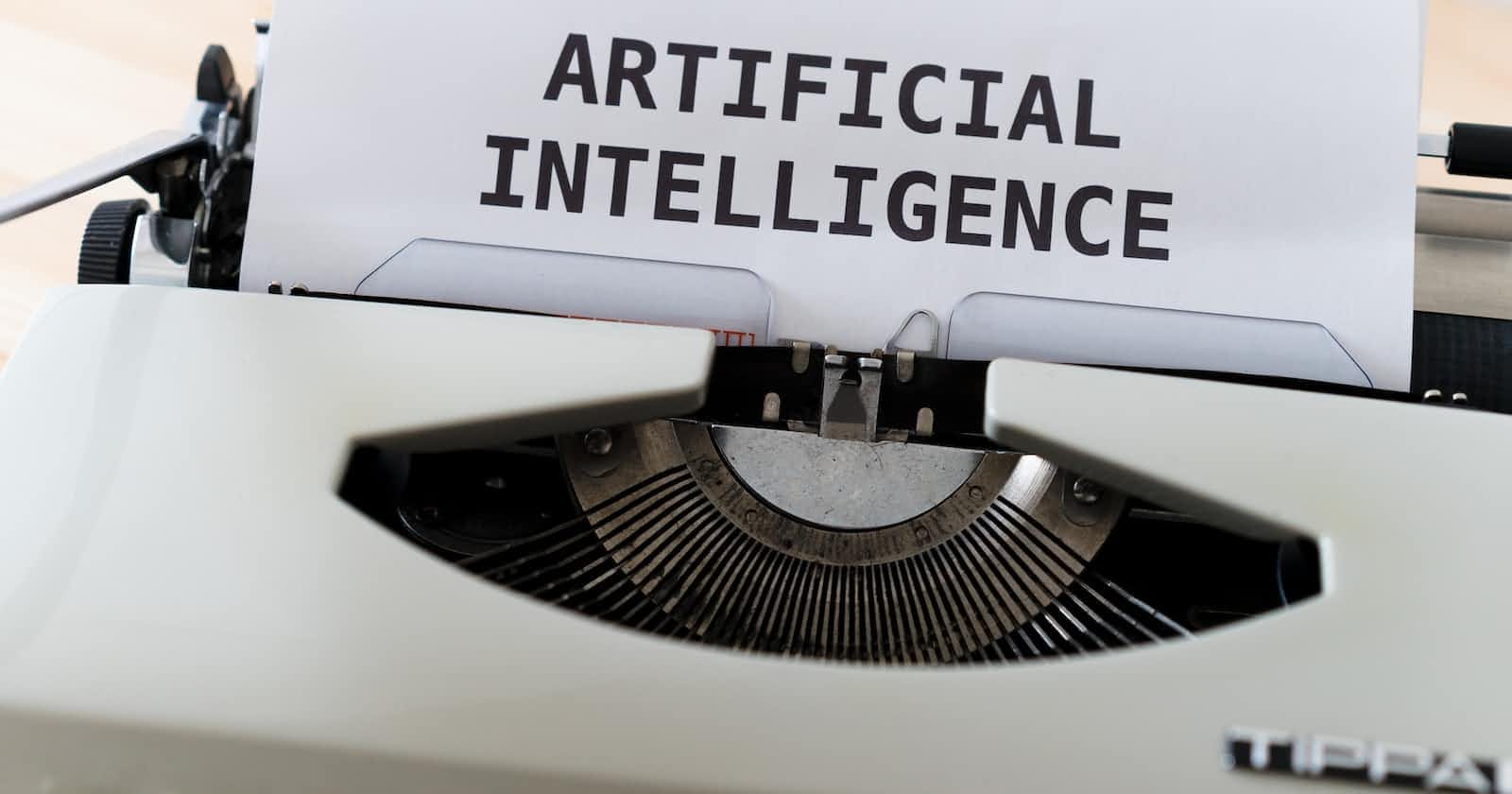
Photo by Markus Winkler on Unsplash
The Future of Employment and the Rise of Artificial Intelligence
Job opportunities With the emergence of Artificial Intelligence
Artificial intelligence (AI) is the term used to describe a machine's capacity to carry out operations that ordinarily call for human intelligence. AI systems are made to learn from data, spot trends, forecast the future, and get better over time.
Whenever the word Artificial intelligence is mentioned, People immediately think that it will eliminate jobs, it will replace humans, take over the world and have a negative impact. But a lot of people are failing to see that more jobs and new career pathways are becoming available as a result of the rise of Artificial Intelligence.
Here is a list of some of the employment options and career possibilities provided by artificial intelligence.
AI Research Scientist:
An AI research scientist is in charge of creating and putting into practice AI architectures, models, and algorithms. Also, they provide tests to evaluate the effectiveness of AI models. A PhD. in computer science, mathematics, or a closely related discipline is often required for AI Research Scientists.
Machine Learning Engineer:
The development and implementation of machine learning systems that enhance the efficiency of AI algorithms fall under the purview of a machine learning engineer. Together with designing and deploying models in production, they also focus on developing and optimizing data processing pipelines. A degree in computer science, mathematics, or a related subject is often required of machine learning engineers.
Data Scientist:
Using statistical and machine learning methods, data scientists are in charge of evaluating large, complicated data sets, spotting patterns and trends, and creating prediction models. To find ways to use data to create business outcomes, they closely collaborate with business stakeholders. A degree in mathematics, statistics, computer science, or a related discipline is often required of data scientists.
AI Ethics Specialist:
There is an increasing demand for experts who can make sure that AI is developed and used responsibly as its significance continues to increase. To ensure that AI systems are created and implemented ethically and responsibly, AI Ethics Experts collaborate with organizations to define ethical standards and policies for AI. They frequently have degrees in philosophy, law, or a closely related subject.
AI Product Manager:
An AI product manager is in charge of managing the creation of AI-based products from conception to release. They collaborate with cross-functional teams made up of AI Research Scientists, Machine Learning Engineers, Data Scientists, and UX Designers to make sure the product is timely and cost-effectively delivered while also meeting the needs of the customer.
Natural Language Processing (NLP) Engineer:
Engineers that specialize in natural language processing (NLP) are in charge of creating and putting into use the algorithms and models that let computers comprehend and decipher human language. Speech recognition, sentiment analysis, and text classification are some of the projects they focus on. Computer science, linguistics, or a related subject degree is often required of NLP engineers.
Computer Vision Engineer:
Computer Vision Engineers are responsible for developing and implementing algorithms and models that enable computers to interpret and analyze visual data, such as images and video. They work on tasks such as object detection, image segmentation, and facial recognition. Computer Vision Engineers typically hold a degree in Computer Science, Electrical Engineering, or a related field.
In conclusion, AI is a rapidly growing field with a wide range of job opportunities. From AI Research Scientists to AI Product Managers, there are opportunities for people with a variety of skills and backgrounds to contribute to the development of AI. With the increasing demand for AI, I believe that these job opportunities are only set to grow in the future.
